Common Chandler Water Heater Myths:
Things You Need to Know
Discovering the truth about water heaters can be challenging, especially with so many myths circulating among homeowners. To help you separate fact from fiction, we have prepared an informative guide that addresses common misconceptions surrounding water heaters. By exploring this guide, you will gain valuable insights and discover surprising revelations about water heaters.

Myth #1: They last forever
Water heaters, despite popular belief, do not last forever. Although they can endure for many years, their lifespan is affected by various factors including usage, maintenance, and quality. Typically, water heaters have an average lifespan of 8 to 12 years. Neglecting to replace an old unit promptly can lead to expensive repairs and potential water damage to your property. To avoid such unfavorable circumstances, it is advisable to start considering water heater replacement options as soon as your unit approaches its expected lifespan.

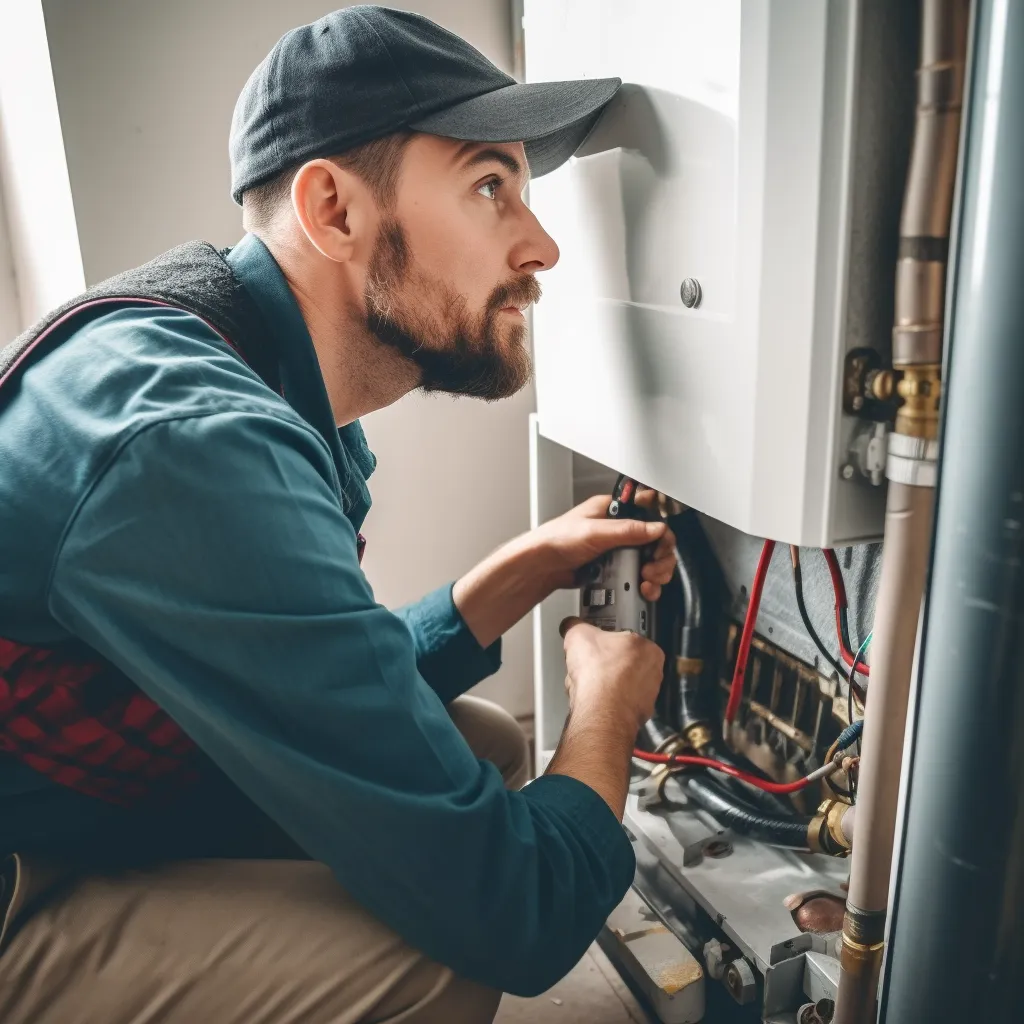
Myth #2: All water heaters are the same
When it comes to water heater replacement, it's crucial to understand that not all water heaters are created equal. Just like any other appliance, water heaters come in various sizes, shapes, colors, and efficiencies. So, if you're in the market for a new water heater, it's essential to consider your hot water needs, the desired speed of hot water delivery, and potential energy savings.
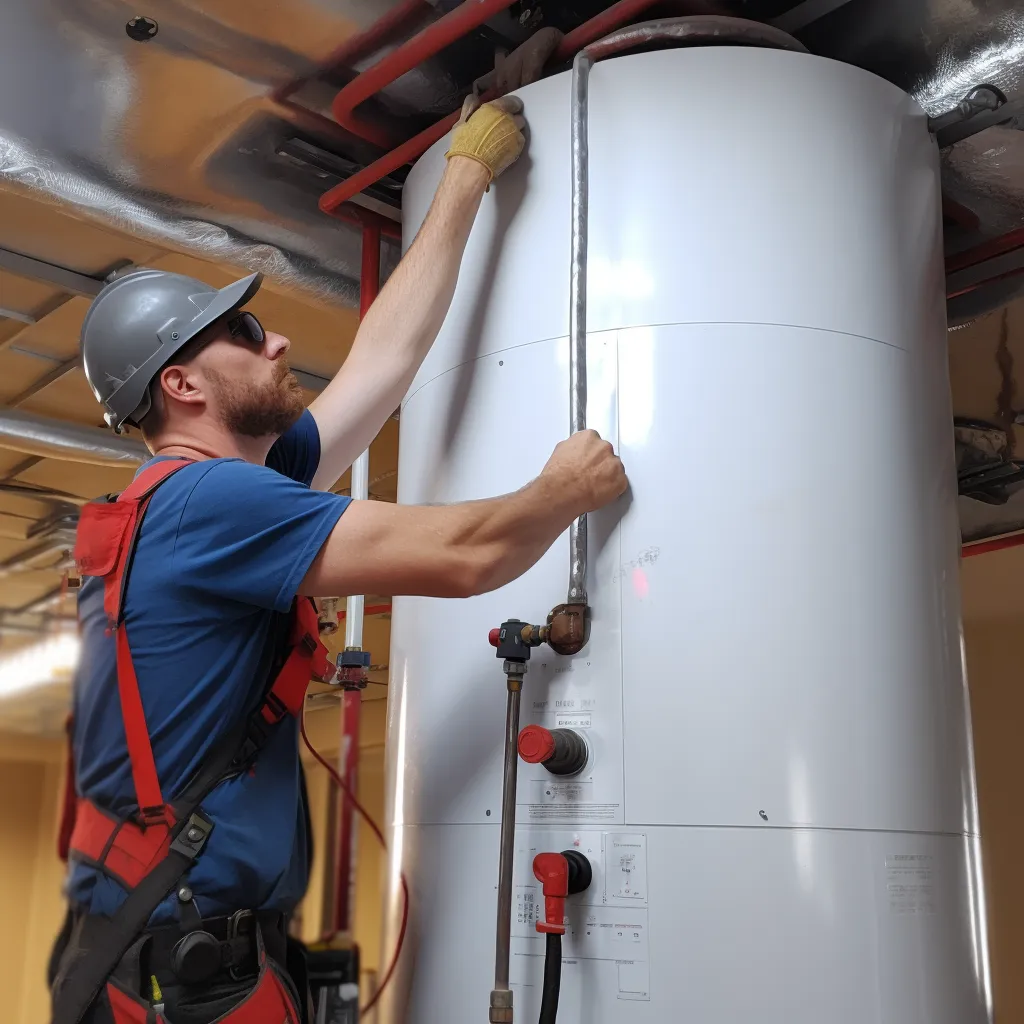
Myth #3: A larger tank equals more hot water
If you're in the market for a new hot water tank, it's crucial to keep in mind that the size of the tank doesn't necessarily guarantee an endless supply of hot water. While a larger tank can hold more water, it can also result in energy inefficiency and higher utility expenses without offering any additional hot water benefits. The key lies in selecting a tank that suits your household's hot water requirements, striking a balance between an ample supply and cost-effectiveness.


Myth #4: You can repair or replace a hot water heater yourself
Of you are dealing with a malfunctioning hot water heater, it is essential to act quickly and address the issue. However, it is important to avoid attempting to fix it yourself, as this could potentially make the problem worse or even cause harm to yourself. The best course of action is to enlist the services of experienced professionals specializing in water heater repair. These experts possess the necessary skills and expertise to handle the situation effectively and ensure a successful resolution.

Myth #5: Flushing a water heater isn't necessary
Water heater replacement is an important aspect of maintenance that should not be overlooked. Many people believe that neglecting to flush your water heater does not have any consequences. However, this is simply not true. Neglecting to flush your water heater can lead to sediment accumulation inside the tank. This sediment buildup can cause a decline in efficiency and potential issues with the functioning of your water heater. Regularly flushing your water heater can help prevent sediment buildup, ensuring that it operates at peak efficiency.

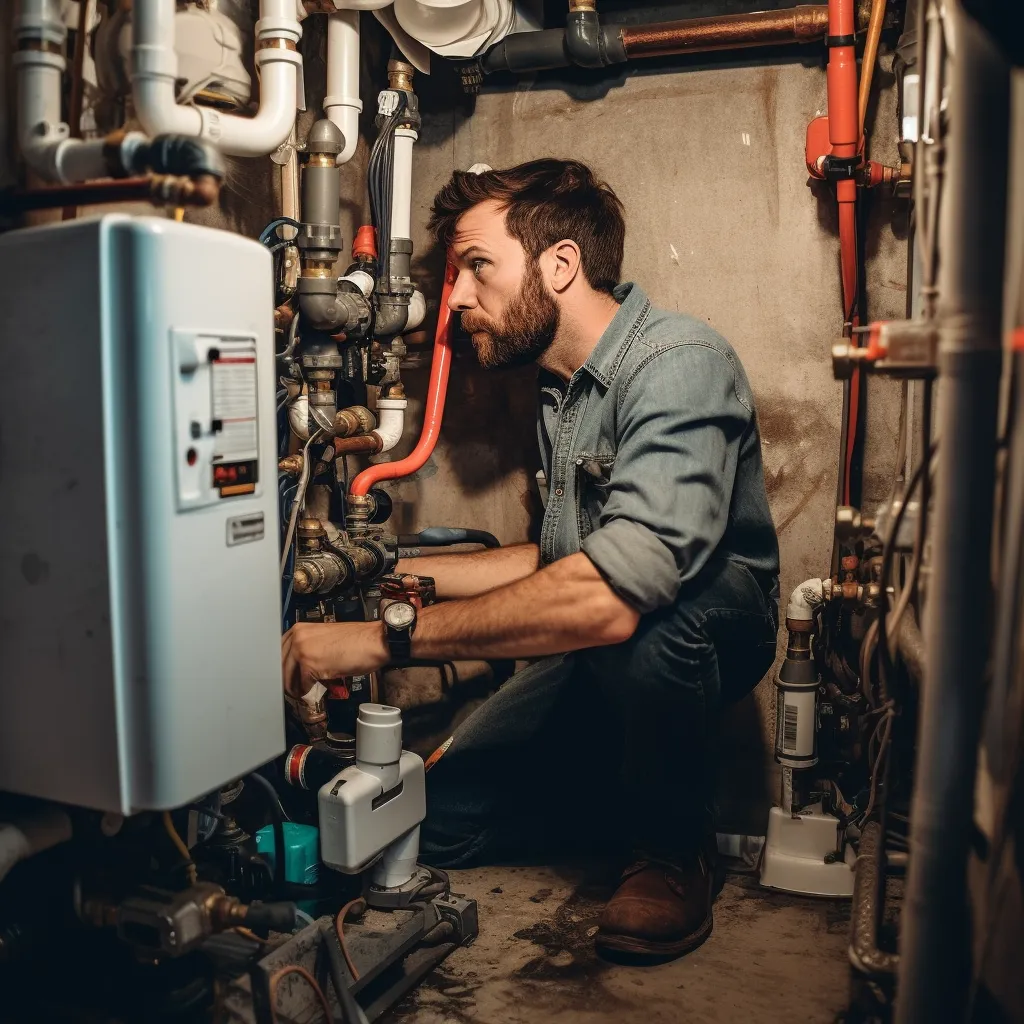
Myth #6: You can save money by retaining an outdated water heater
If you're holding on to an outdated water heater in hopes of saving money, think again. Keeping an old heater can actually drive your energy bills up. Older models are not as efficient and are prone to costly repairs that can add up over time. Instead, consider replacing your aging water heater with a reliable and energy-efficient one.

Myth #7: Greater water tank size equals enhanced energy efficiency
When it comes to water heater replacement, many people believe that choosing a bigger tank will guarantee greater efficiency and energy savings. However, this is not always the case. In reality, an improperly maintained or poorly insulated larger tank can actually result in higher energy costs. It is crucial to carefully consider your specific needs before selecting a water tank to ensure optimal energy consumption and efficiency.
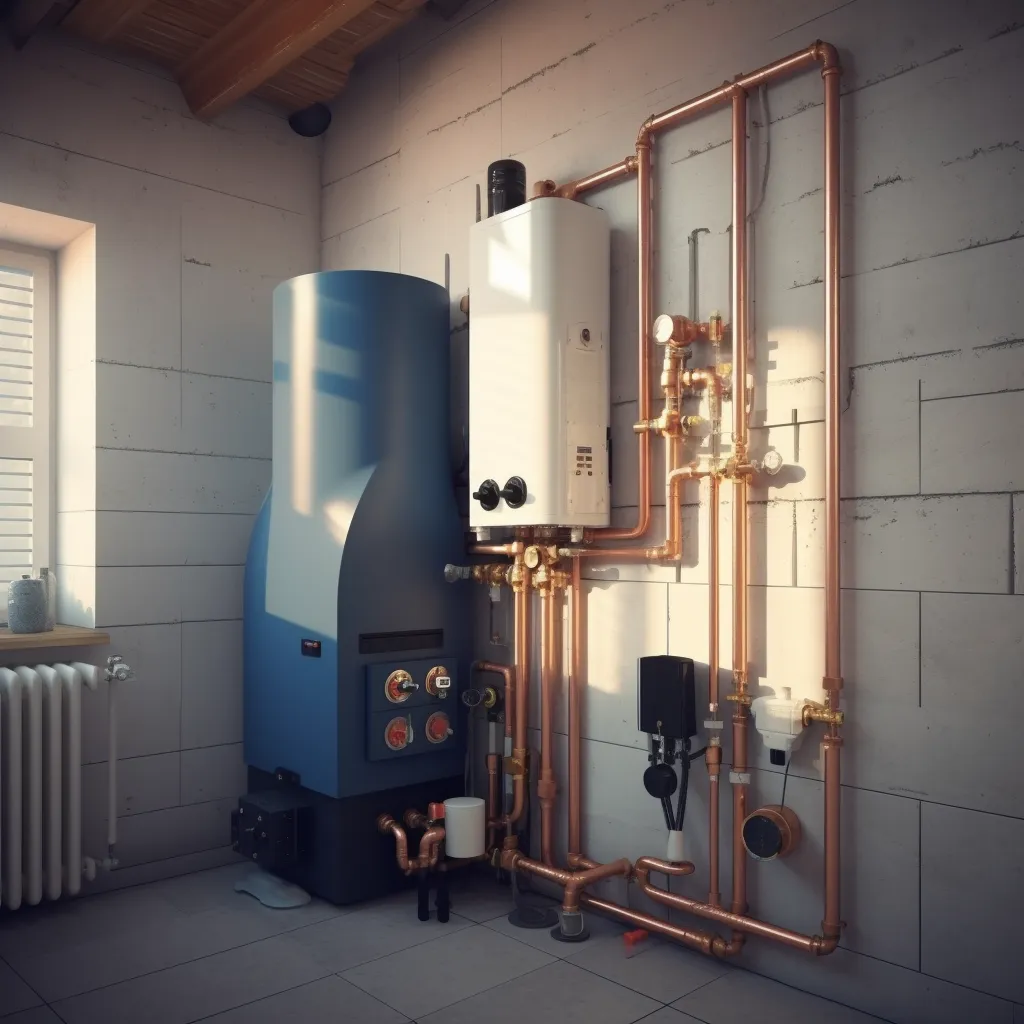

Myth #8: Elevating water temperature as a wise strategy
When it comes to water heater replacement, it's important to consider the potential risks and drawbacks of increasing the temperature. While it may appear to be a simple solution, there are important factors to keep in mind. One of the most significant concerns is the increased risk of scalding and severe burns, especially for vulnerable individuals such as children and older adults. It's crucial to prioritize their safety by avoiding excessively high water temperatures.

Myth #9: The optimal choice is maxing out your water heater temperature
When it comes to getting hot water quickly, many people mistakenly believe that setting their water heater to the highest temperature is the best approach. However, this is not only an ineffective method but also a common misconception. Not only does this practice waste energy, but it also increases the risk of severe burns, making it a considerable safety hazard. Most households can achieve a comfortable hot water temperature for daily needs by setting their water heater to around 120 degrees Fahrenheit.

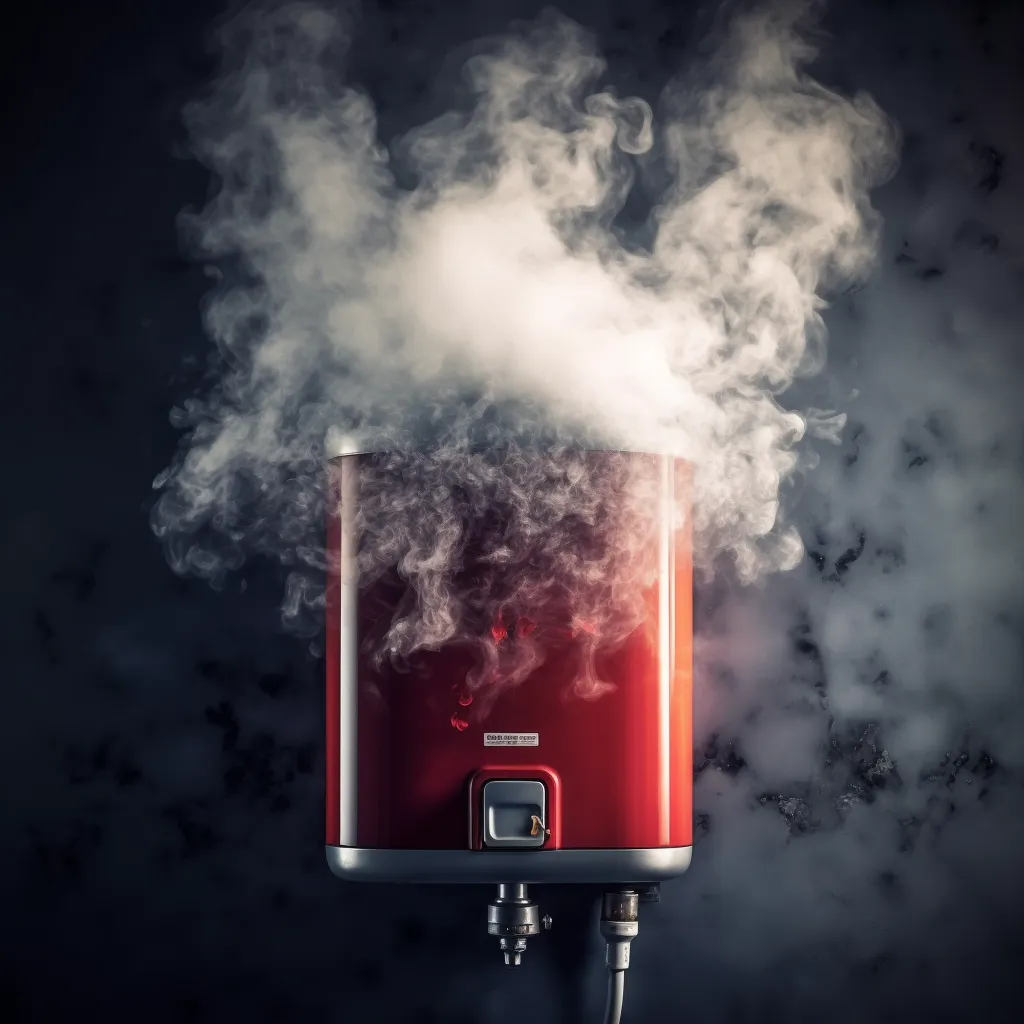
Myth #10: Your water heater wastes energy
It's important to consider the advancements in energy efficiency that have been made in recent years. Older models of water heaters may not be as efficient as newer ones, which can lead to higher energy bills. However, modern technologies, such as tankless water heaters, offer a more energy-efficient solution.

Myth #11: No ongoing maintenance required
Water heaters require regular maintenance to ensure they function properly. Failing to perform routine upkeep can result in decreased efficiency, expensive repairs, and the need for a replacement. To maintain the smooth operation of your water heater, it is crucial to regularly inspect the pressure relief valve, flush the tank to eliminate sediment accumulation, and verify the thermostat is working correctly.
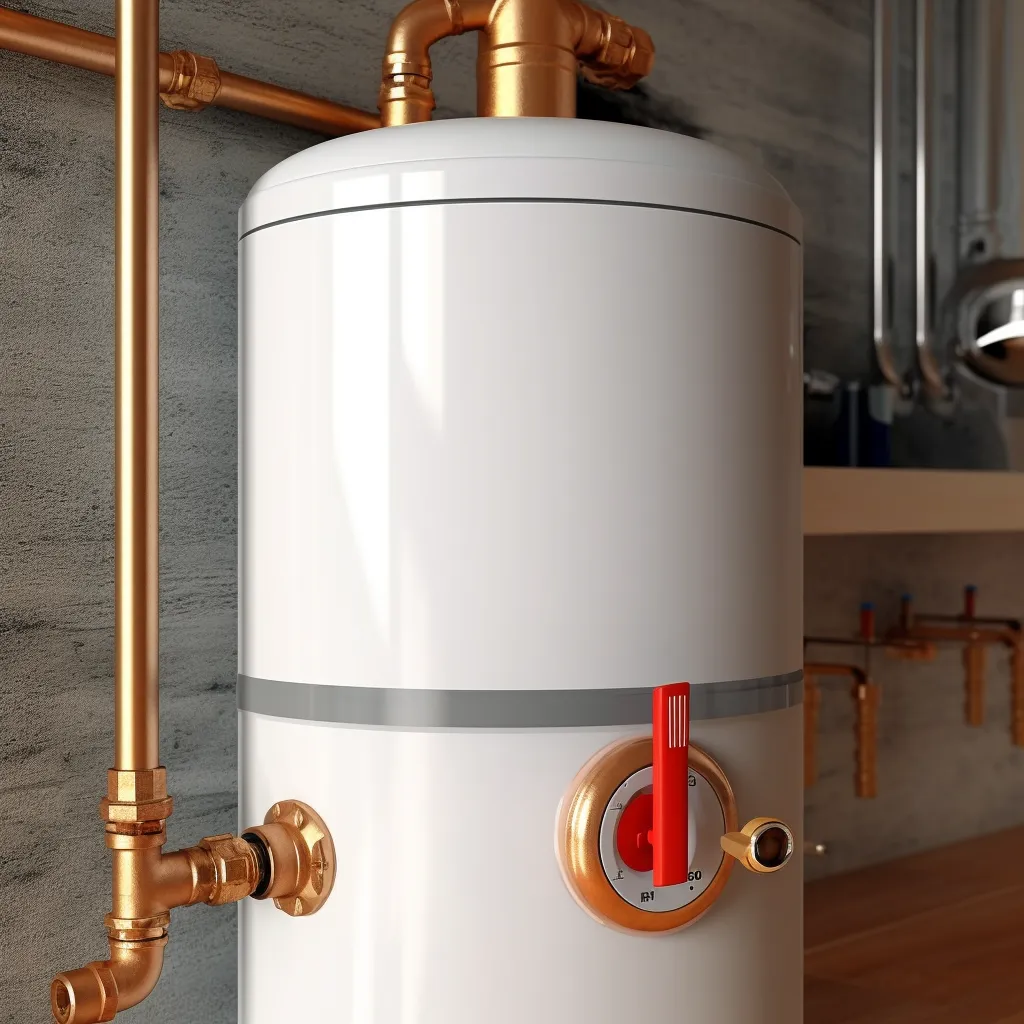
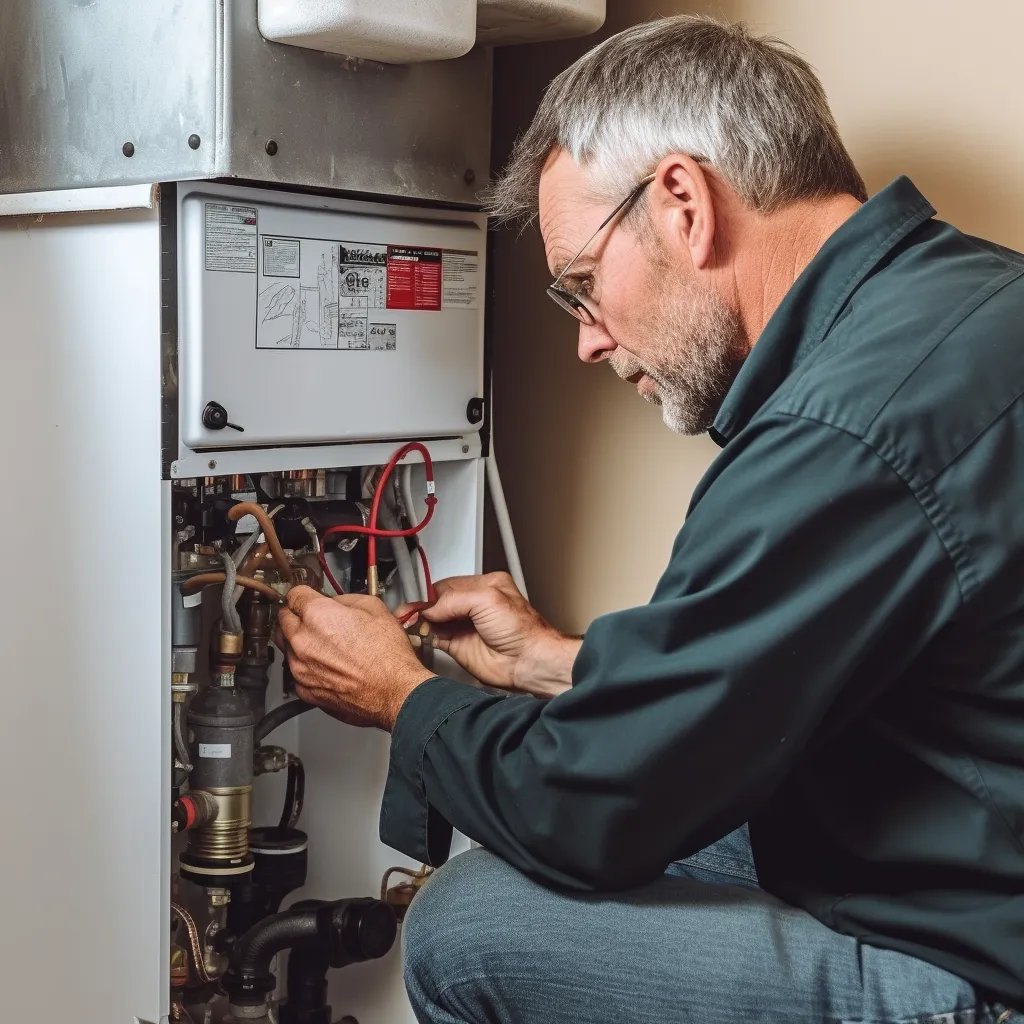
Myth #12: Any water heater type is suitable for home use
It's crucial to take into account various factors that will impact your decision. The size of your family, the number of fixtures in your home, and your budget are all important considerations. While it may be tempting to believe that any water heater will work for your needs, it's important to note that different types of water heaters have different requirements.

Myth #13: Hard water harms your water heater
Water heater manufacturers take measures to ensure that their products can handle the effects of hard water. However, it should be noted that hard water can still have adverse effects on your water heater over time. The minerals in hard water, like calcium and magnesium, can build up inside the tank and on heating elements, leading to reduced efficiency and potential damage. To prevent excessive mineral buildup, regular maintenance is crucial. This includes tasks like flushing the tank and descaling.
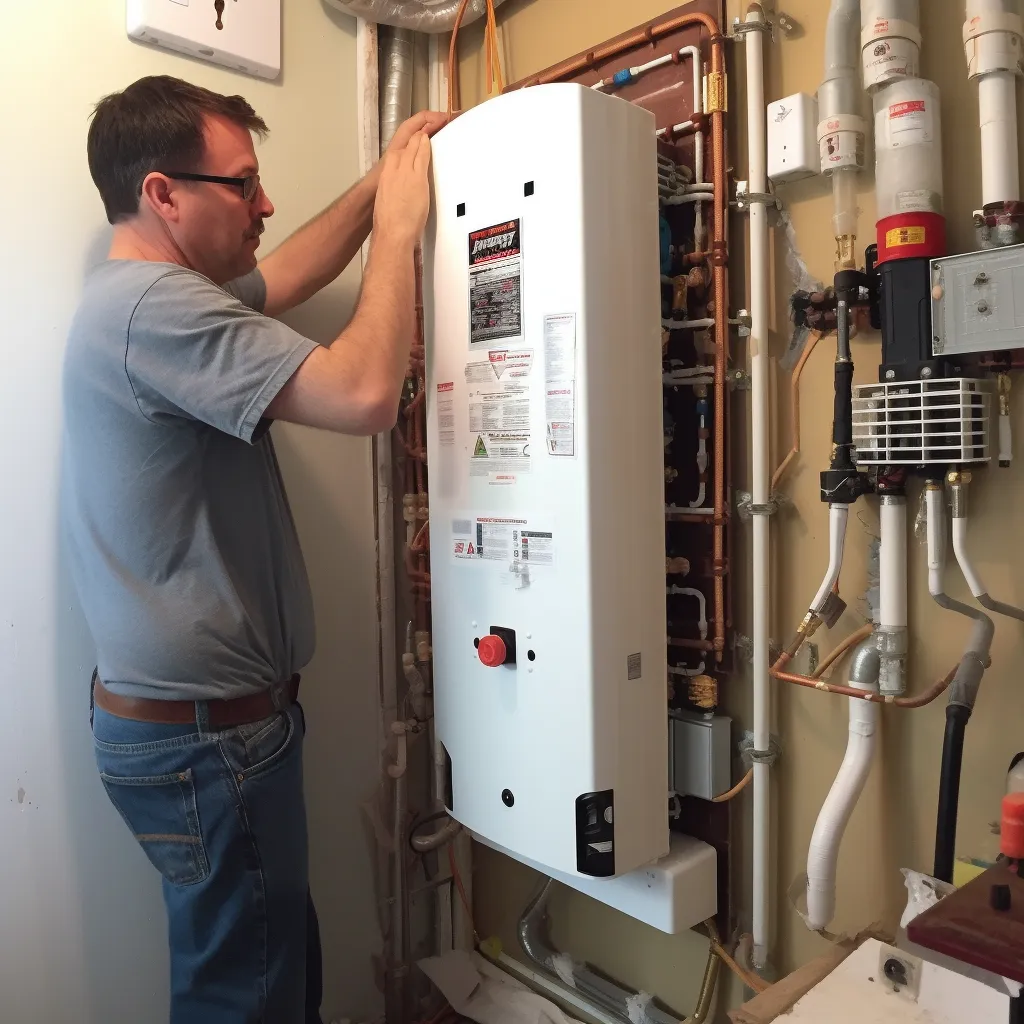
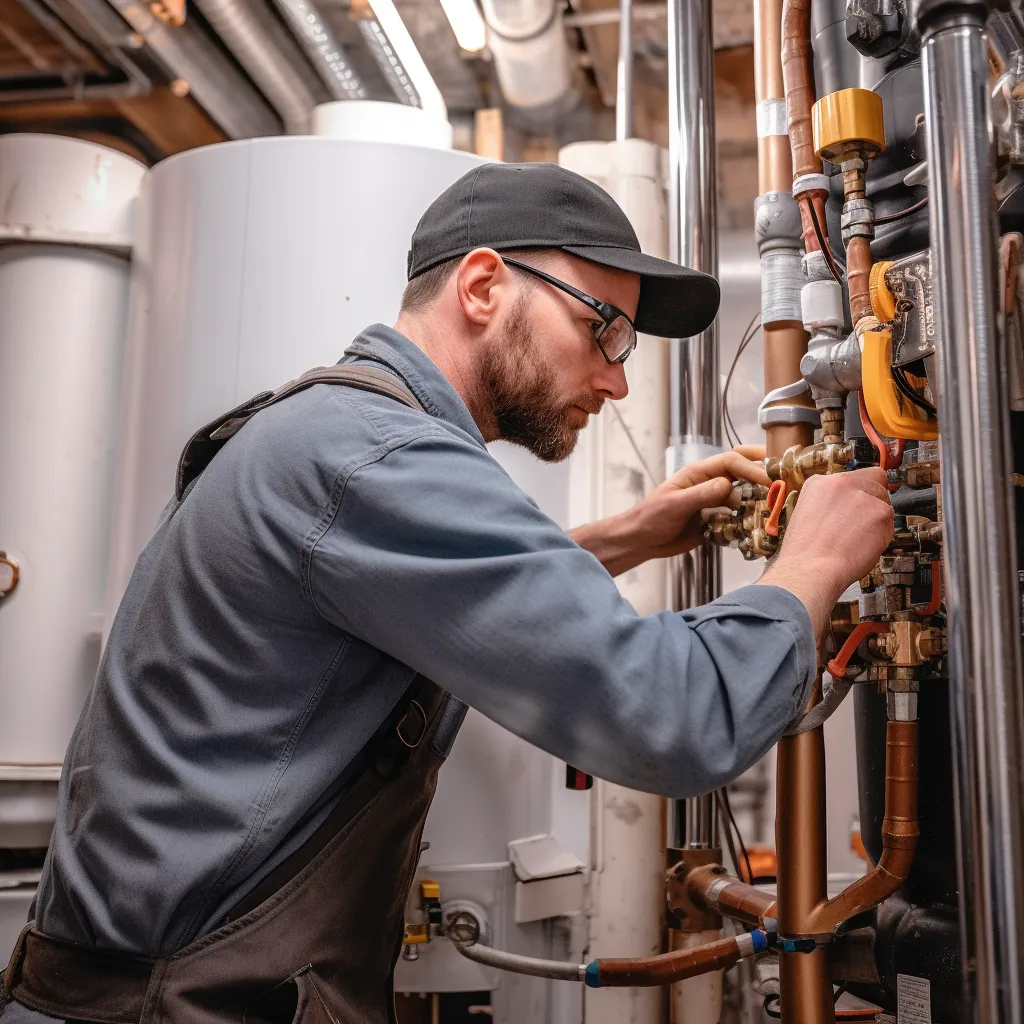
Myth #14: Tankless water heaters are more expensive
Tankless water heaters may have a higher initial cost than traditional storage tank water heaters. But their long-term benefits in terms of energy efficiency and cost savings make them a valuable investment. Unlike conventional water heaters that constantly heat and store water, tankless heaters only heat water when it is needed. This not only reduces energy waste but also leads to lower monthly utility bills.
Contact Us
GET IN FULL TOUCH
PHONE:+(480) 470-3216
EMAIL:
adam@waterheaterchandler.com
Mil-Spec LLC
Chandler, AZ 85226
